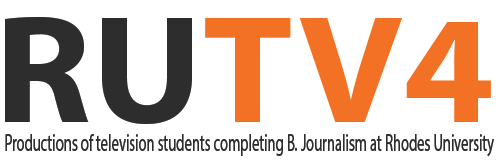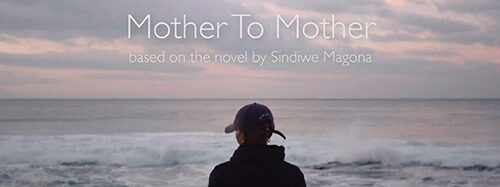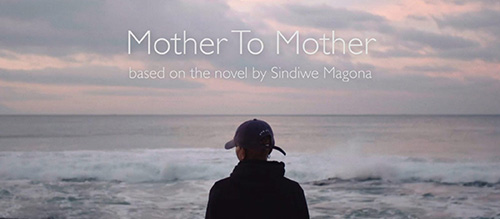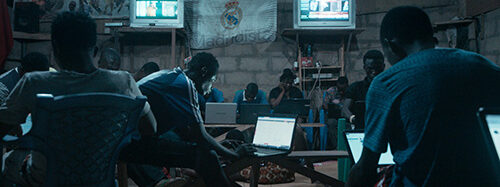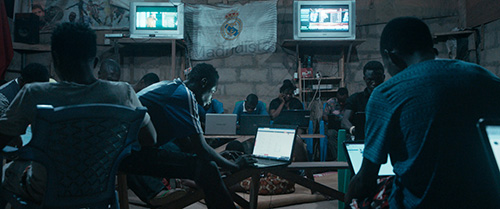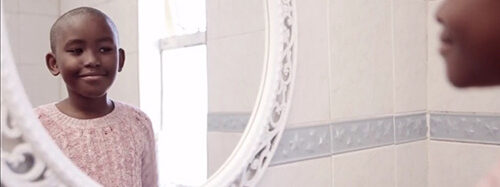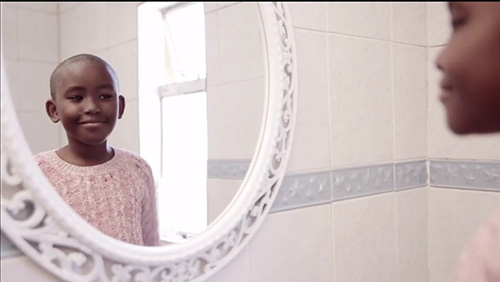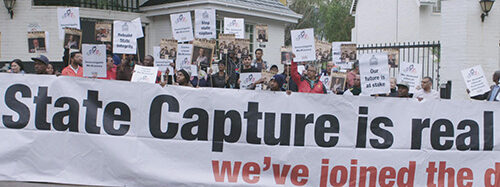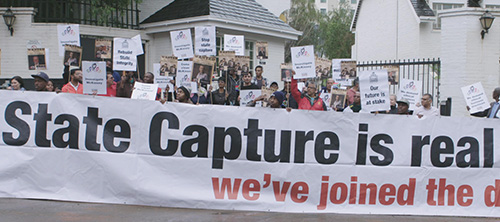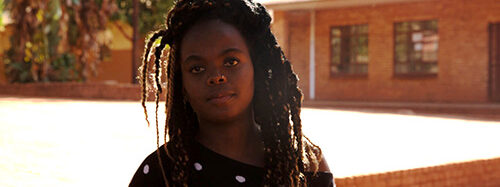
The Red Place shows some colours of forgiveness
Catherine White is moved by a documentary exploring vulnerability
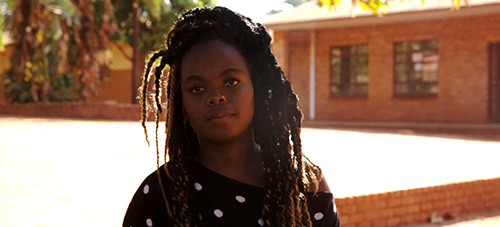
Forgive and forget? That is not easy but sometimes it can be an extremely powerful process. The Red Place is about – as the tagline puts it in a very poetic way- the colours of forgiveness. It’s an incredibly profound and relevant topic, particularly for South Africans. We are taken along a journey as director and scritwriter Muofe Raphunga speaks to various people who share their stories and their thoughts on forgiveness. Her interview with Albie Sachs, a former constitutional judge and anti-apartheid activist, was particulalry inspiring. (more…)
